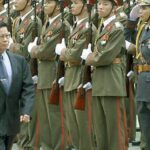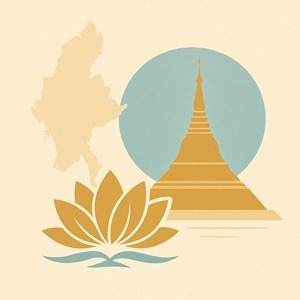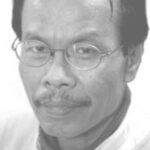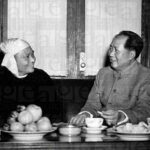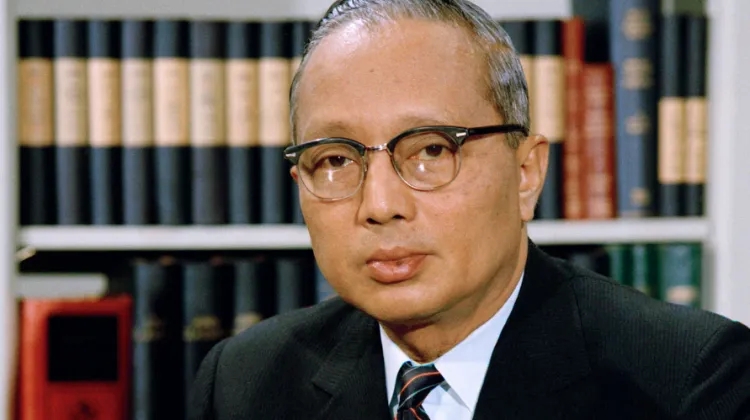
U Thant (1909–1974)
Former UN Secretary-General and Renowned Burmese Diplomat
U Thant was a distinguished Burmese diplomat who served as the third Secretary-General of the United Nations from 1961 to 1971, marking a significant chapter in Myanmar’s international legacy.
Early Life and Education
Born on January 22, 1909, in Pantanaw, British Burma (now Myanmar), U Thant was educated at the National High School in Pantanaw and at the University of Rangoon. He later studied at the University of Glasgow in Scotland, earning a degree in economics.
Diplomatic Career
Before his tenure at the UN, U Thant held various positions in Myanmar’s civil service, including Director of Broadcasting and Secretary to the Prime Minister. In 1957, he was appointed Burma’s Permanent Representative to the United Nations. Following the tragic death of UN Secretary-General Dag Hammarskjöld in 1961, U Thant was appointed Acting Secretary-General and later confirmed for two full terms.
Contributions as UN Secretary-General
During his decade-long tenure, U Thant played a pivotal role in several international crises:
Mediated during the 1962 Cuban Missile Crisis, helping to avert nuclear conflict.
Oversaw the UN’s involvement in the Congo Crisis and the Six-Day War.
Advocated for the independence of colonial nations and the peaceful resolution of global conflicts.
Personal Life and Legacy
A devout Buddhist, U Thant’s faith influenced his approach to diplomacy, emphasizing tolerance, compassion, and emotional equilibrium. He was known for his calm demeanor and dedication to peace. In 1971, he declined a third term as Secretary-General, citing the need for new leadership. He passed away on November 25, 1974, in New York City.
U Thant’s legacy endures through the U Thant Peace Award, established by the United Nations in his honor, recognizing individuals and organizations that have made outstanding contributions to international understanding and peace.

